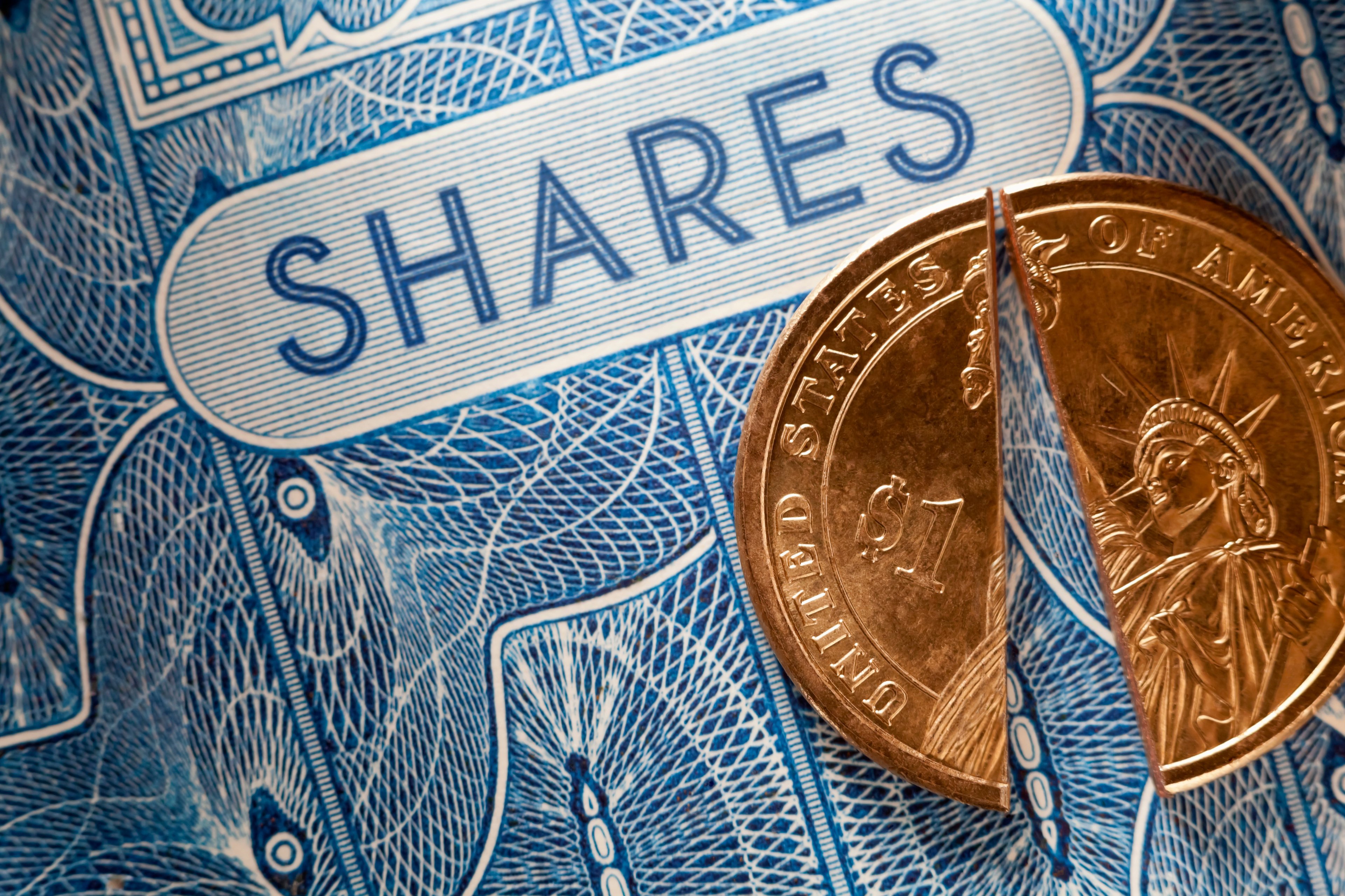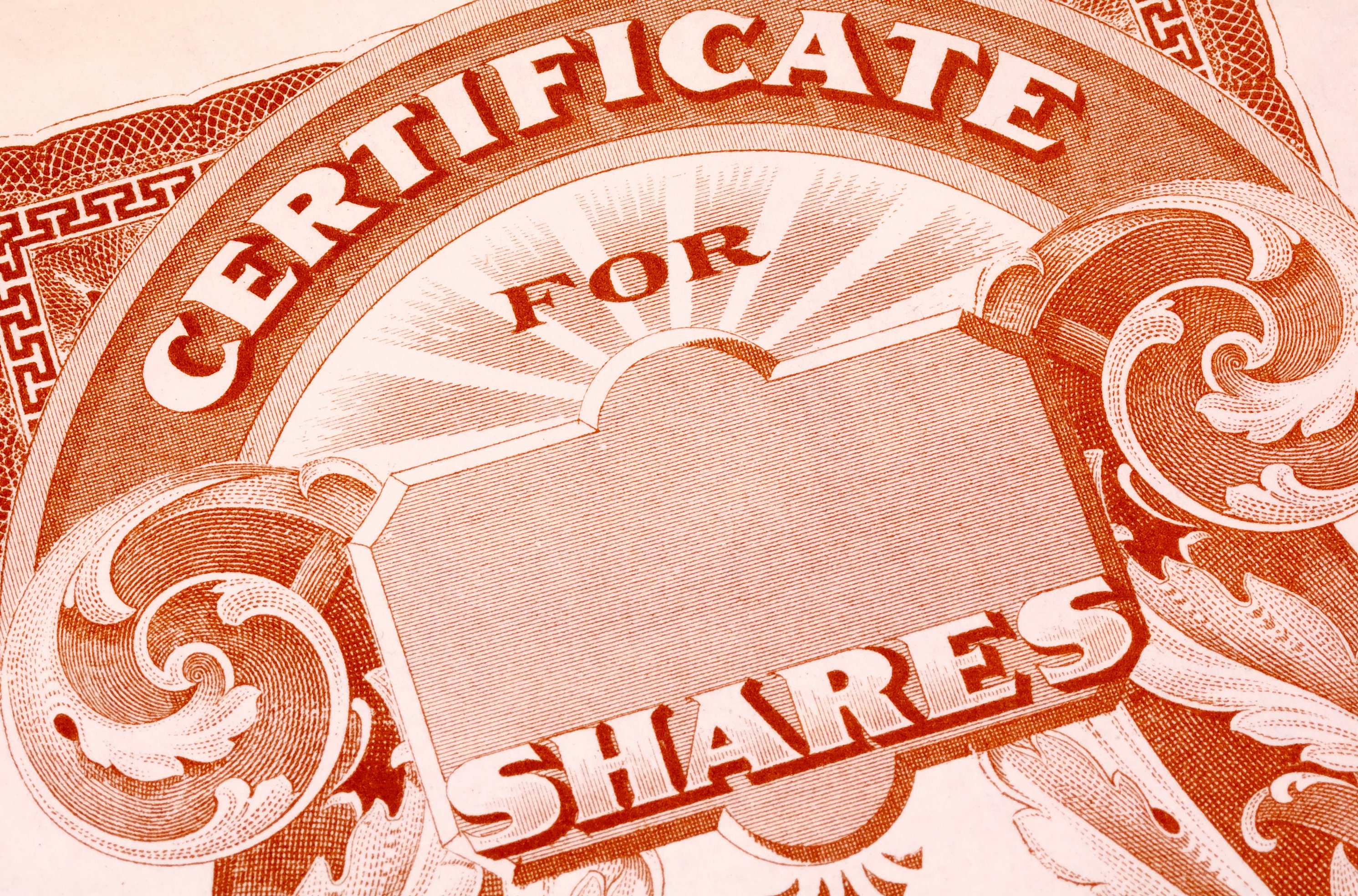Sony (SNE 0.77%) recently confirmed that its next-generation video gaming console, the Playstation 5, will arrive in time for the 2020 holiday season. Expectations run high for the Playstation 5 as the current console, Playstation 4, has been a key revenue driver for the storied electronics conglomerate. The gaming division contributed nearly 24% of the company's Q1 revenue.
But challenges lie ahead. Earlier this year, the Trump administration announced new tariffs on goods produced in China, which include up to a 25% import duty on video game hardware.
As if that isn't enough, new competition arrives on Nov. 19 with Alphabet's (GOOG 1.19%)(GOOGL 1.12%) debut of its own gaming platform, Stadia, dubbed the "Netflix of gaming" since it streams games over the internet.

Image source: Getty Images.
Why Sony cares about the trade war
For the first time, the Trump administration's trade war with China is going to include tariffs on video game consoles and gaming accessories, like controllers and charging cables. On top of that, the tariffs are scheduled to start amid this holiday selling season on Dec. 15.
When these new tariffs were announced, Sony, in collaboration with gaming competitors Microsoft (MSFT 2.86%) and Nintendo (NTDOY 6.24%), quickly sent a letter to the U.S. Trade Representative condemning the move. Sony has stated the new tariffs could force a price increase on its Playstation consoles.
Why is Sony, a Japanese company, so concerned with the U.S.-China trade war? Because over 96% of all video game consoles imported to the United States last year were made in China.
Sony's Game and Network Services division, which includes Playstation games and hardware and its Playstation Now streaming service for gaming, accounted for nearly a third of Sony's operating income in the first quarter of its current fiscal year, which ends March 31, 2020.
In addition, the U.S. is one of this division's most important geographies. Its Playstation 4 console has sold 30 million units in the U.S. Contrast this with the 8.3 million units sold in the company's home country of Japan. Sony relocated the global headquarters for its Interactive Entertainment division, which oversees gaming, to the U.S. in 2016.
The high cost of tariffs for Sony
If tariffs are still in force a year from now and lead to a price increase for the Playstation 5 console, it could hurt sales in the key U.S. market. Sony experienced a pricing issue when its Playstation 3 debuted in 2006; its $499 starting price was criticized as exorbitantly high, impacting sales and causing Sony to lose its gaming leadership to Microsoft's Xbox.
The Playstation 5 is rumored to already have a high price tag. So upping it further to cover tariff costs could cause a repeat of the Playstation 3 launch experience.
Complicating matters is Alphabet's Stadia release. Aside from increasing competition, Stadia does not require a console, and therefore won't be as impacted by the new tariffs. A potential Sony price hike against a competitor that is already cheaper at the outset increases the likelihood of poor Playstation 5 sales.
What's more, the trade war's effects could extend beyond gaming for Sony. Its Imaging and Sensing Solutions division posted better-than-expected earnings in Q1 to help the company deliver its second consecutive year of record profits, but Chinese firm Huawei is estimated to have contributed 15%-20% of that division's revenue. However, the Trump administration put Huawei on a blacklist in May. How this impacts Sony won't be known until the company reports Q2 earnings on Oct. 30, when investors should also get insight into how Sony is responding to trade war pressures.
The trade war might be over and tariffs lifted by next year when the Playstation 5 hits the market. Meanwhile Sony is one of the companies moving production out of China.
If Sony cannot shift production in time and tariffs are still in place when the Playstation 5 launches, the company could decide not to raise prices and absorb the cost. That would put pressure on the company's margins, which are typically thin at the start of a sales cycle for a new console. But it may have no choice if it wants to retain its console leadership position.






